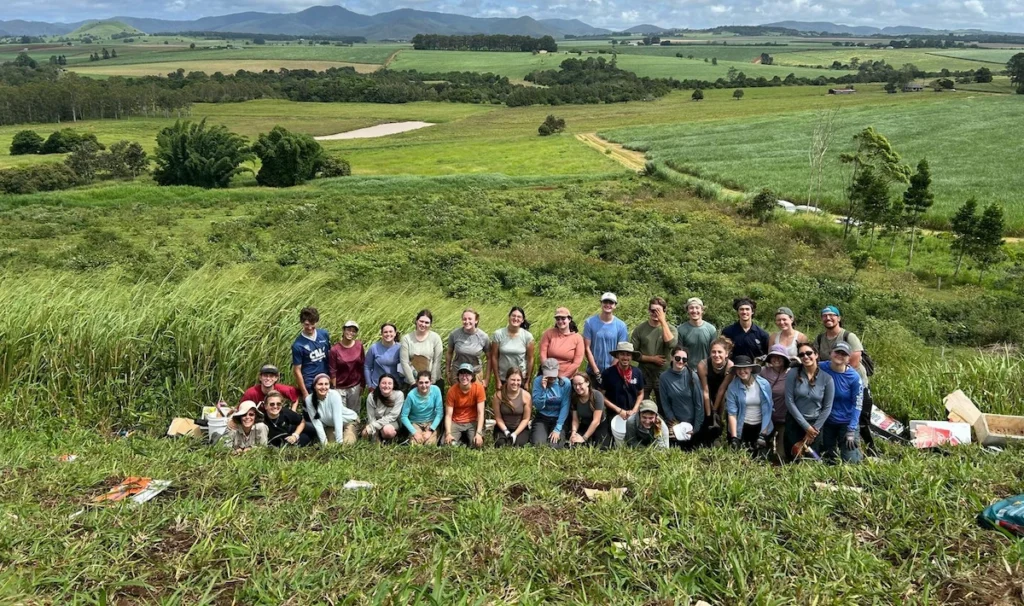From Classroom to Stakeholder to Government Research
The 2015 spring semester is almost half completed; and as others have mentioned in their blog updates, the students are preparing to select their Directed Research Projects (DR) for the term. The faculty and staff at the SFS Center for Marine Resources Studies have been actively preparing students for the rigors of the research experience. Student research projects will address issues and concerns surrounding high priority questions and will provide valuable insight to proper authorities for management decisions and future policy measures.
For better preparation to conduct these important research objectives, the students have been involved in a variety of activities ranging from in-house debates, discussions, literature reviews, field data collection, data analysis, and report writing. The students have found that as exciting as the fieldwork is, there are necessary steps to prepare for collecting appropriate data in the field.
In the last week, the students conducted a two day queen conch visual survey field exercise (pictured below) both inside and outside of a Marine Protected Area (MPA). The materials and methods were provided to students that required them to snorkel the nearby open turquoise waters of South Caicos. A total of 48 site surveys were conducted, with each student swimming three belt transects and collecting information on habitat, conch density, morphometric measurements, and depths. The field experience was exciting, as many individuals “free dive” for conch to collect and measure for data analysis. After two long days in the field, students entered their finding on the computer for future analysis.

As often observed in the everyday life a researcher, students found that teamwork was the key to completing the task at hand, as they have worked together to analyze the data and write their reports. It is these types of field exercises that allow the students to become directly involved in the management practices and decision making of the stakeholders of the Turks and Caicos Islands.
These field exercises prepare the students for the Directed Research Projects. It is here that they will put their newly acquired skills to the test. Even though each project has a different aspect, these projects allow the students to partake in viable research practices that are priority for many of the stakeholders. For instance, the conch visual field exercise is being taken a step higher. Students will be conducting visual surveys across the Caicos Bank for the TCI government. The government will use these results in analysis to determine abundance for the Caicos Bank, which has not been done for the country since 2001. This opportunity allows for the SFS program to have direct input into country-wide statistical information on the commercial queen conch, which will assist in determining the current status of the fishery for the Turks and Caicos Islands. It is these experiences that make way for future professional researchers.
Related Posts

Cinder Cone Chronicles: Lessons from Drought, Data, and Determination

Restoration on a Cinder Cone: A Syntropic Story
